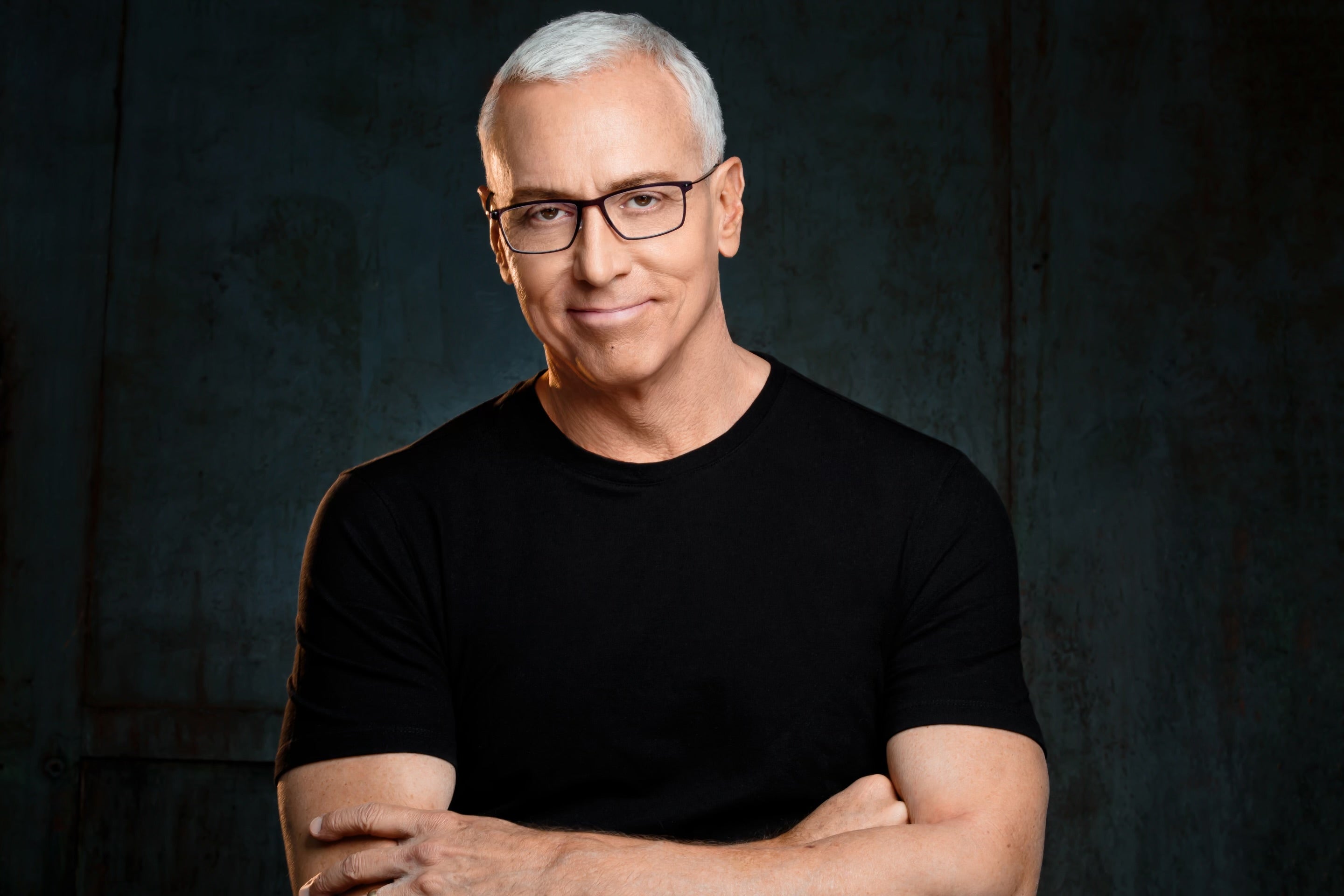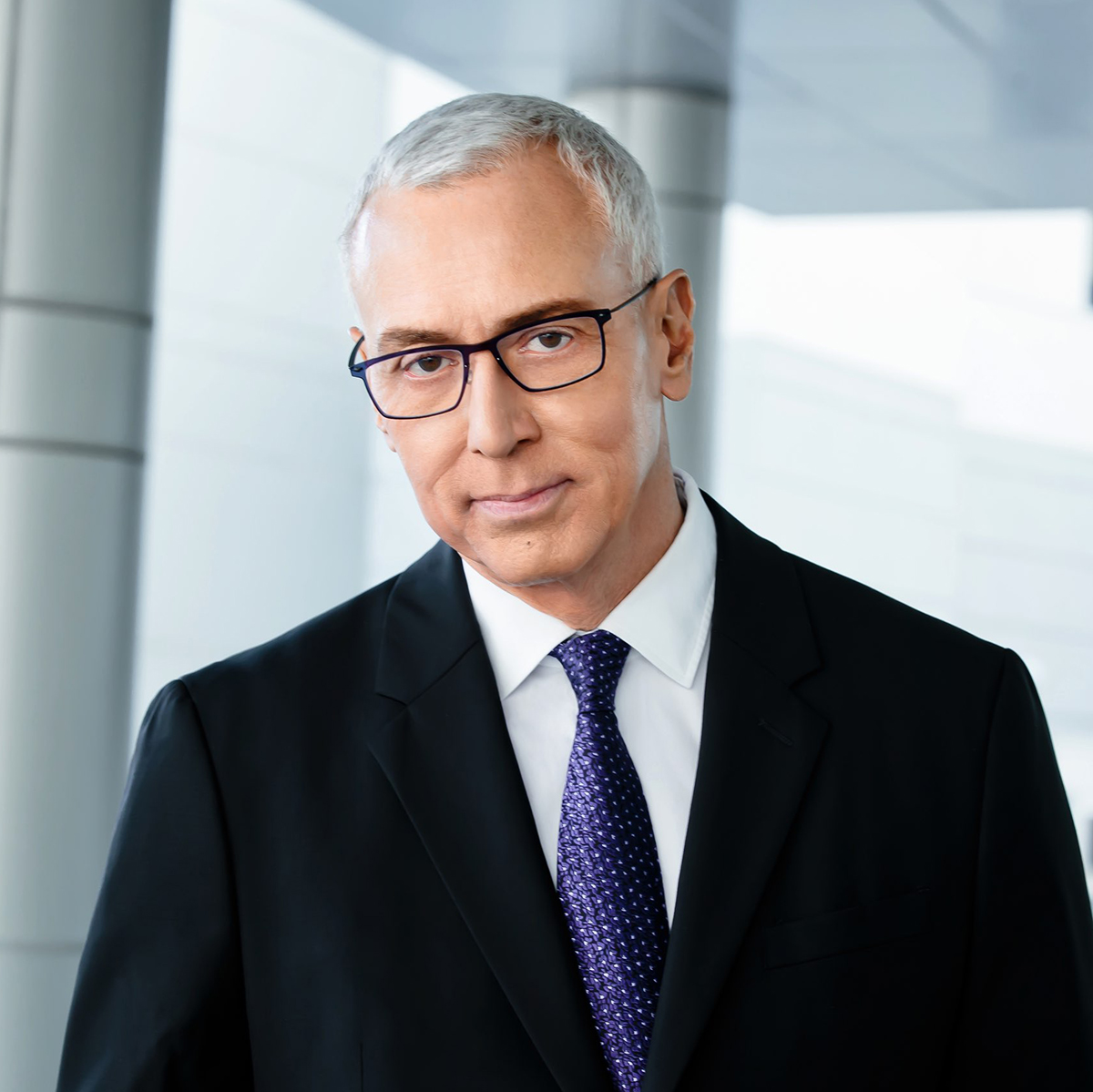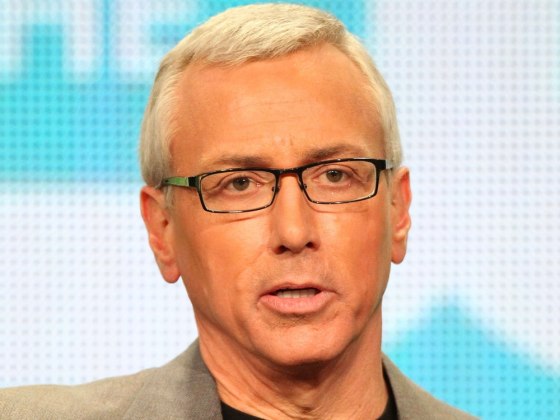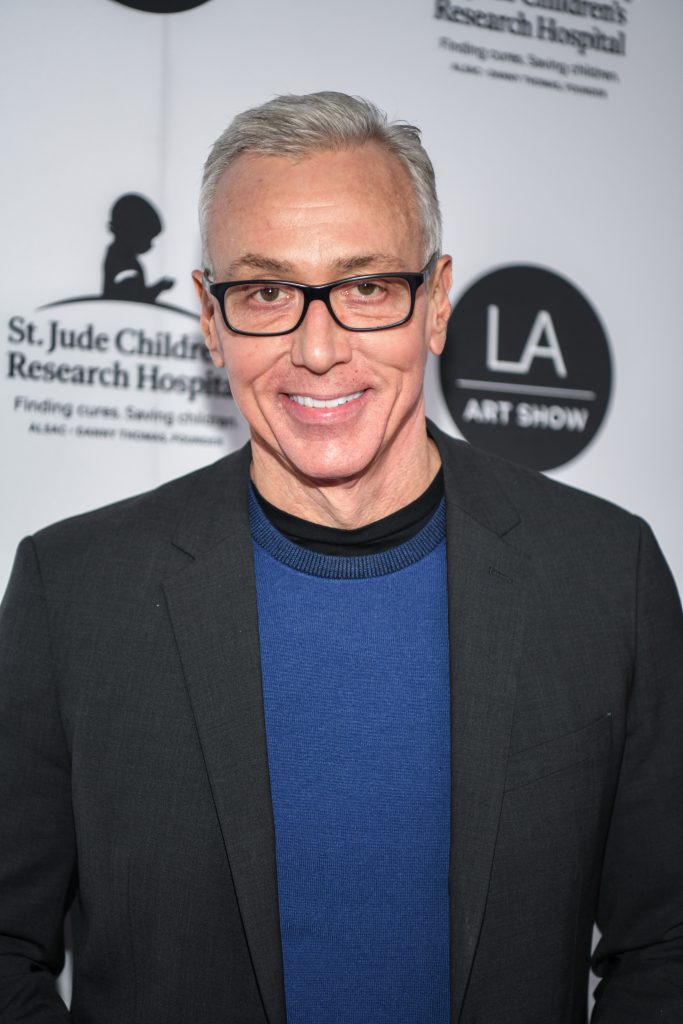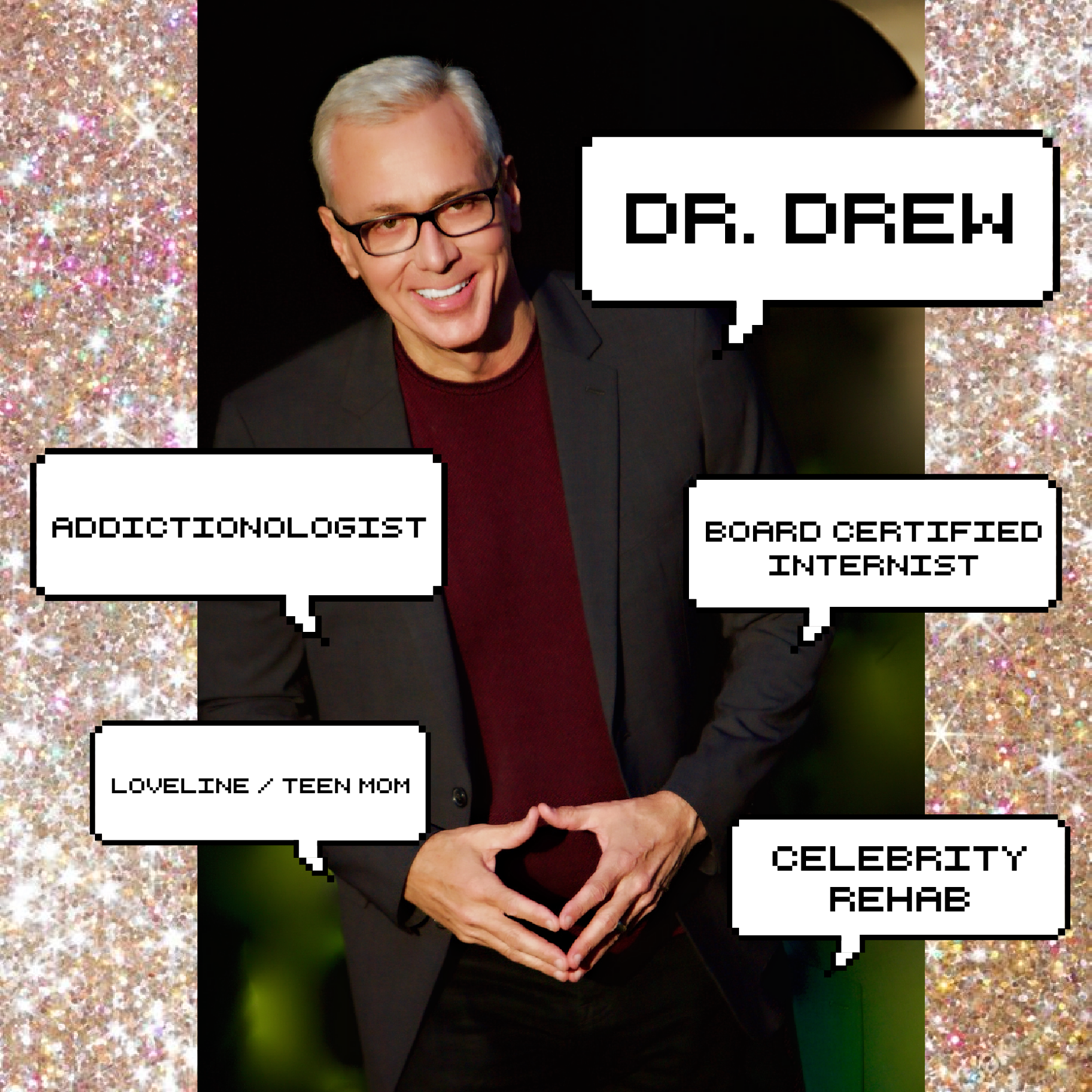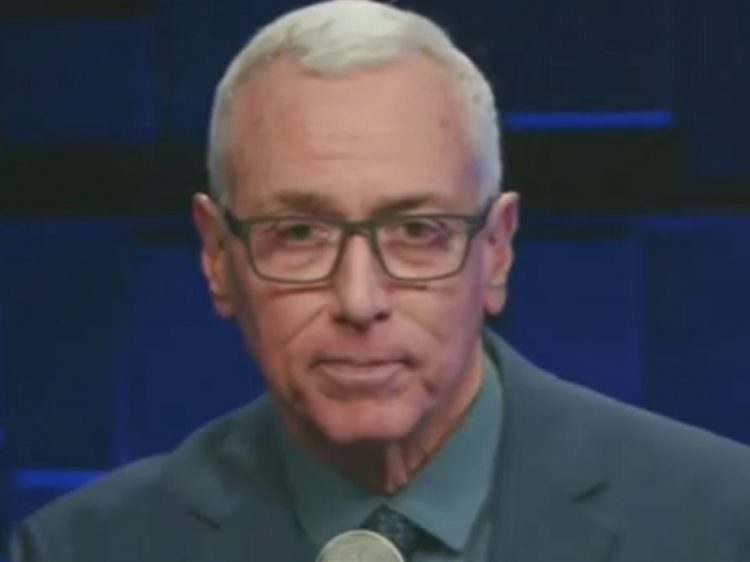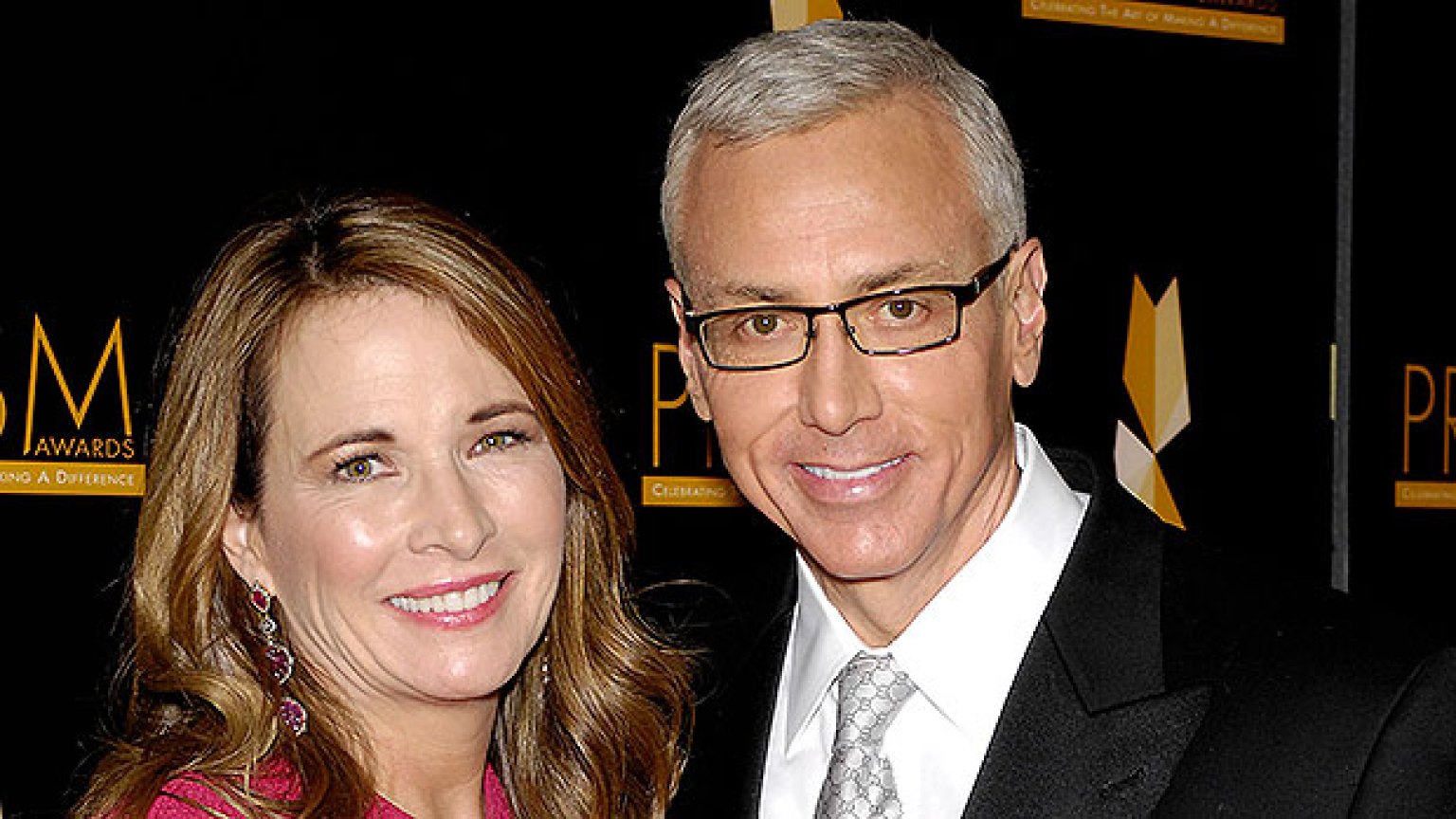Is Dr Drew Pinsky A Real Doctor

The glow of the studio lights seemed to bounce off the perfectly coiffed hair, reflecting in the calm, reassuring eyes. Dr. Drew Pinsky, a familiar face on television for decades, was in his element, offering advice with a blend of empathy and clinical precision. But behind the on-screen persona, a question often lingers: Is Dr. Drew a "real" doctor?
This article seeks to unravel the complexities surrounding Dr. Drew Pinsky's professional background and his role in the media landscape. It explores his medical credentials, his impact on public health discourse, and the nuances of being a celebrity doctor navigating the blurred lines between entertainment and healthcare.
The Foundation: Medical Credentials
Dr. Drew Pinsky is indeed a medical doctor, holding a valid and active license to practice medicine. He earned his medical degree from the University of Southern California School of Medicine and completed his residency in internal medicine at Huntington Memorial Hospital in Pasadena.
His board certification in addiction medicine further solidified his expertise in treating substance use disorders. These qualifications establish him as a legitimate physician.
Early Career: Bridging Medicine and Media
Dr. Drew's journey into the public eye began with the radio show "Loveline" in the 1980s. This platform allowed him to address sensitive topics related to sex, relationships, and drug use, particularly among young listeners.
The show's success paved the way for television opportunities, expanding his reach and influence. He became a household name through shows like "Celebrity Rehab with Dr. Drew" and "Teen Mom" reunions.
Navigating the Line: Entertainment vs. Healthcare
The transition from practicing physician to media personality raises questions about the ethical considerations of providing medical advice on television. The entertainment format often necessitates simplification and sensationalism, potentially compromising the accuracy and depth of information.
Some critics argue that Dr. Drew's approach sometimes leans towards entertainment at the expense of responsible healthcare. They raise concerns about diagnosing individuals he hasn't personally examined and generalizing complex mental health conditions.
The Importance of Context and Disclaimers
It's crucial to recognize that Dr. Drew's role on television is distinct from that of a primary care physician or therapist. He often provides general information and commentary rather than individualized medical advice.
Most of his shows include disclaimers emphasizing that the content is for entertainment purposes and viewers should consult with their own healthcare providers for personalized guidance. These disclaimers are essential in managing viewer expectations.
Impact and Influence: Raising Awareness
Despite the criticisms, Dr. Drew Pinsky has undeniably contributed to raising awareness about addiction and mental health. He has brought these often-stigmatized topics into mainstream conversations, encouraging individuals to seek help.
His willingness to discuss personal struggles with depression and addiction has resonated with many viewers. It has helped to normalize these experiences and reduce the shame associated with seeking treatment.
Critiques and Controversies
Dr. Drew's career has not been without controversy. Some of his past statements regarding addiction and mental health have been criticized for being simplistic or potentially harmful.
For example, his comments on the opioid crisis and the potential for addiction among celebrities have drawn scrutiny. Experts have argued that such statements oversimplify the complex nature of addiction and contribute to harmful stereotypes.
The Professional Assessment
To get a better understanding, it's helpful to consider the perspective of others in the medical field. Many addiction specialists and mental health professionals recognize Dr. Drew's contribution to public awareness.
However, they also emphasize the importance of evidence-based treatment and caution against relying solely on television personalities for medical advice. Responsible medical commentary requires a nuanced understanding of individual circumstances.
The Power of Media in Health Discourse
Dr. Drew's career highlights the increasing role of media in shaping public perceptions of health. With the rise of online platforms and social media, medical information is more readily accessible than ever before.
It's essential for individuals to critically evaluate the sources of this information and consult with qualified healthcare professionals for personalized advice. Celebrities and media personalities can play a valuable role in raising awareness, but they cannot replace the expertise of trained clinicians.
A Complex Legacy: Beyond the Television Screen
Dr. Drew Pinsky is a physician who has leveraged his medical background to create a successful career in media. His impact on public health discourse is undeniable, even if his approach is not without its critics.
Ultimately, the question of whether he is a "real" doctor is a matter of perspective. He holds valid medical credentials and has contributed to raising awareness about important health issues. However, his role as a media personality requires a different set of skills and considerations than that of a practicing physician.
His legacy is complex, a blend of genuine expertise, public service, and the inevitable compromises that come with navigating the world of entertainment.
Looking Ahead: Responsible Media and Healthcare
Dr. Drew's journey serves as a reminder of the importance of responsible media practices in healthcare. Celebrities and media personalities can play a valuable role in educating the public, but they must do so with a commitment to accuracy and ethical considerations.
For viewers, it's crucial to approach medical information presented in the media with a critical eye. Always consult with qualified healthcare professionals for personalized advice and treatment.
As the lines between entertainment and healthcare continue to blur, a discerning approach is essential for navigating the complex landscape of health information.
Conclusion: Finding Balance and Seeking Guidance
Perhaps the true measure of Dr. Drew's work lies not in whether he is a "real" doctor in the traditional sense, but in the conversations he has sparked and the individuals he has encouraged to seek help. His presence has undeniably shifted the landscape of mental health and addiction awareness.
Ultimately, the responsibility rests with each individual to seek personalized guidance from qualified healthcare providers and to critically evaluate the information they encounter in the media. The path to wellness is a journey, and it requires a thoughtful and informed approach.
Dr. Drew's story reminds us that healthcare is a multifaceted issue, requiring both professional expertise and a willingness to engage in open and honest conversations.


